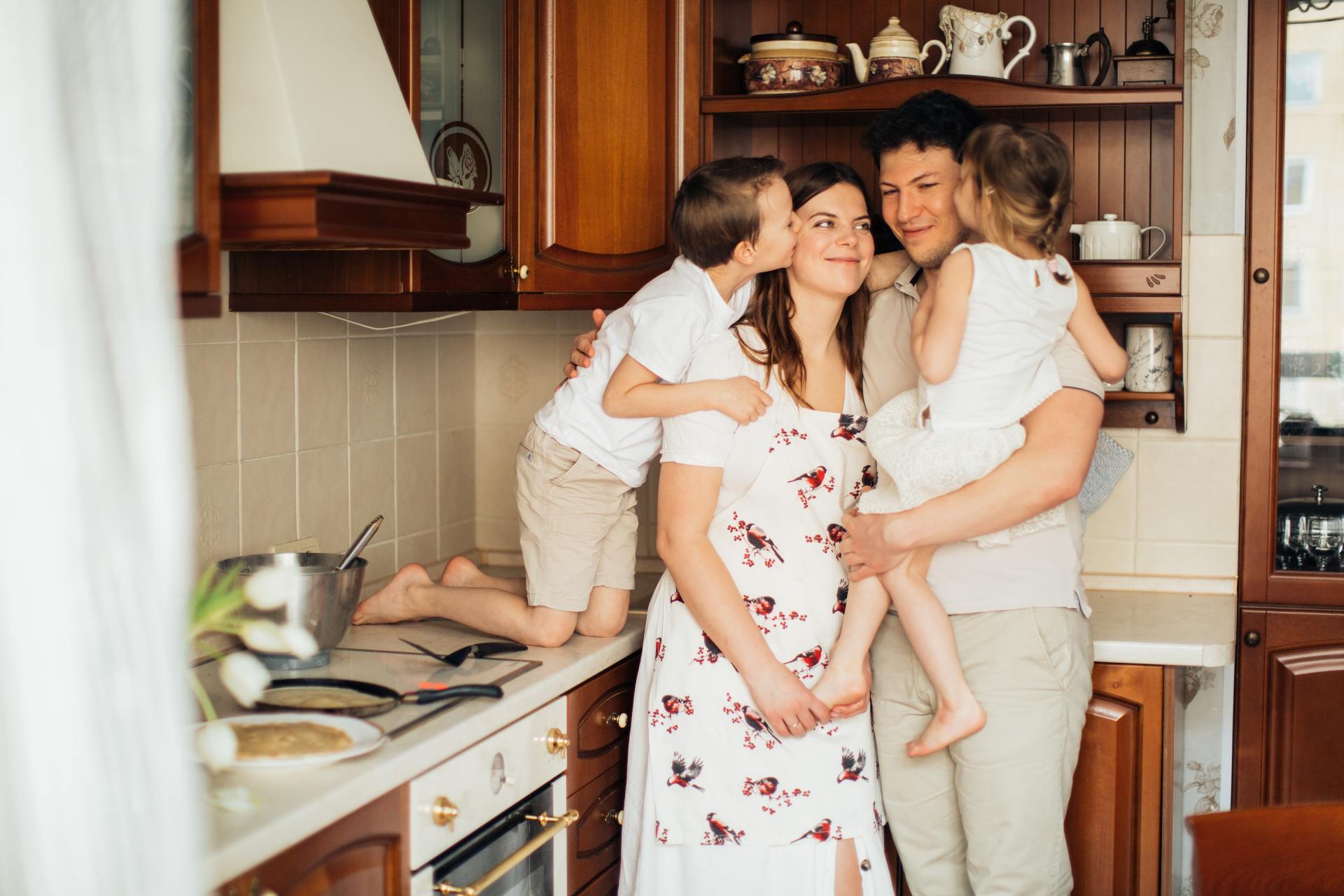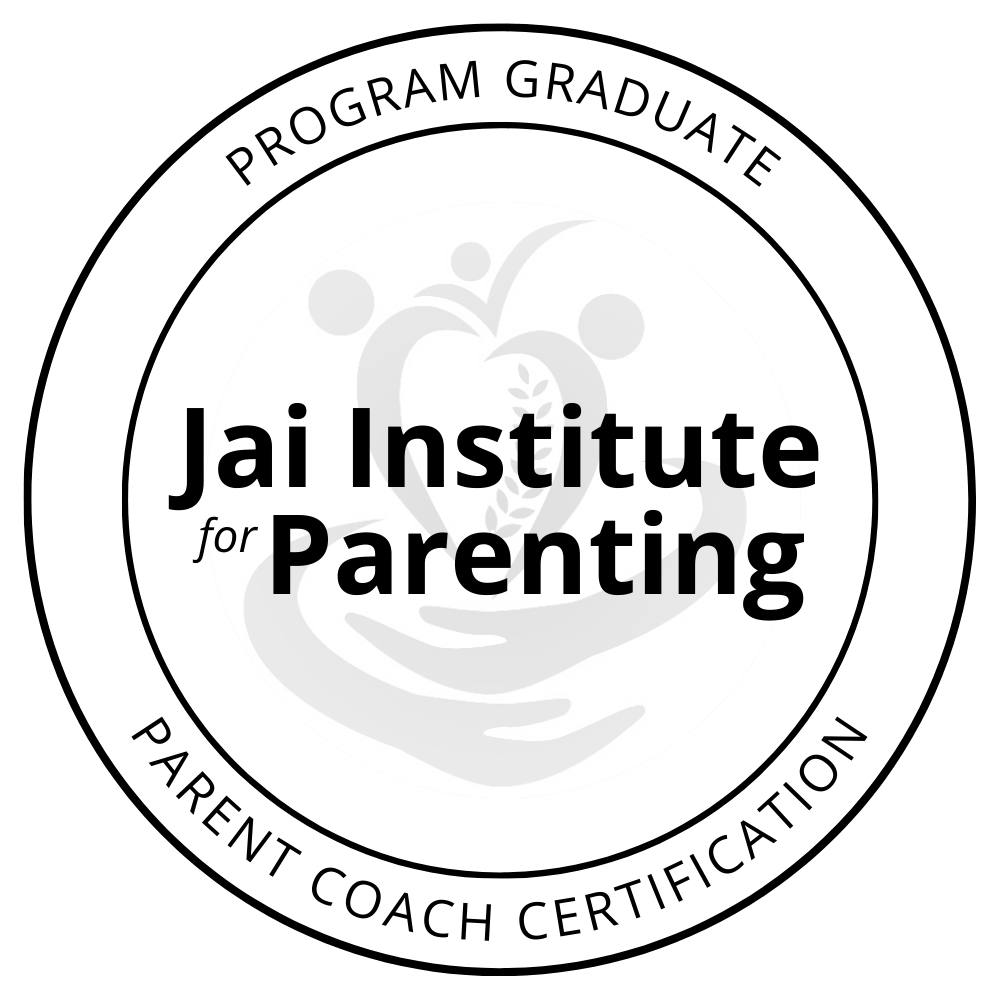Blog
THE TRUTH ABOUT PARENTING

Parenting is a challenging job, and every parent wants to do their best to raise happy and healthy children. One parenting approach that has gained popularity in recent years is peaceful parenting. This approach to parenting is based on the principles of mutual respect, empathy, and clear communication between parents and children. In this blog post, we will explore what peaceful parenting is, why it's important, and how you can implement it in your own life. What is Peaceful Parenting? Peaceful parenting is an approach to parenting that focuses on building a strong and nurturing relationship between parent and child. It is a non-punitive approach that prioritises communication, understanding, and mutual respect. In this approach, parents aim to provide a safe and supportive environment for their children to grow and develop, while also helping them build the skills they need to navigate the world around them. Why is Peaceful Parenting Important? Peaceful parenting is important for many reasons. Firstly, it helps to build a strong bond between parents and children. When parents use peaceful parenting methods, they create a nurturing and respectful environment that encourages open communication, trust, and mutual respect. This can help to strengthen the parent-child relationship and create a positive family dynamic. Secondly, peaceful parenting can help to reduce power struggles between parents and children. By using communication and problem-solving skills, parents can work with their children to resolve conflicts and reach solutions that work for everyone. This can help to reduce frustration, anger, and misbehaviour, and create a more peaceful and harmonious home environment. Thirdly, peaceful parenting can help to develop important life skills in children. When children grow up in an environment of empathy, respect, and understanding, they are more likely to develop positive social skills, emotional intelligence, and problem-solving abilities. This can help them to navigate the challenges of the world with confidence, resilience, and a positive outlook. How to Implement Peaceful Parenting Implementing peaceful parenting in your own life can be a challenge, but there are some simple steps you can take to get started. Practice Empathy : Empathy is the cornerstone of peaceful parenting. Try to put yourself in your child's shoes and understand their perspective. This can help you to communicate more effectively and respond to their needs in a more nurturing way. Use Positive Reinforcement : Instead of punishing children for what they did wrong, focus on praising them for what they did right. This can help to build their self-esteem and reinforce positive behaviour. Focus on Problem-Solving : When your child makes a mistake or acts out, focus on finding a solution together, rather than punishing or shaming them. This can help your child feel empowered and develop important problem-solving skills. Set Clear Boundaries : While peaceful parenting emphasises empathy and communication, it's still important to set clear boundaries and expectations for behaviour. This can help children feel secure and understand what is expected of them. Practice Self-Care : Finally, it's important to take care of yourself as a parent. When you are well-rested and emotionally regulated, you will be better equipped to practice peaceful parenting and respond to your child's needs in a nurturing way. Peaceful parenting is an approach to parenting that prioritises empathy, communication, and problem-solving. By implementing some of the tips above, you can start practicing peaceful parenting in your own life today. Remember that peaceful parenting is a journey, and it's okay to make mistakes along the way. With practice and patience, you can build a positive and nurturing relationship with your child that will last a lifetime. Do you want to learn more? As a parent coach, I offer services that can help parents create a more peaceful and positive home environment for their family. My focus is on providing tools and strategies that empower parents to communicate effectively with their children, set clear and consistent boundaries, and foster healthy relationships based on mutual respect and understanding. I use evidence-based approaches and techniques that are tailored to each family's unique needs and challenges, and I work collaboratively with parents to develop a plan that meets their goals and values. Whether you're struggling with discipline issues, communication breakdowns, or just feeling overwhelmed by the demands of parenting, I'm here to offer guidance, support, and encouragement on your journey towards peaceful parenting. If you're ready to transform your family life and create a more peaceful and connected home, I invite you to learn more about my services today.

Breaking the Cycle: How to Discipline without Punishing As parents, it's natural to want our children to behave well and follow rules. When children misbehave, we may be tempted to punish them in order to correct their behaviour. However, research shows that punishment, such as time-outs, spanking and scolding is not an effective long-term solution, and can even lead to negative consequences. Punishment only teaches kids what not to do rather than what to do, leading to negative feelings and a lack of trust in adults. In this blog post, we'll discuss why punishing kids doesn't work and what you can do instead to foster a positive relationship with your child and promote their healthy development.



